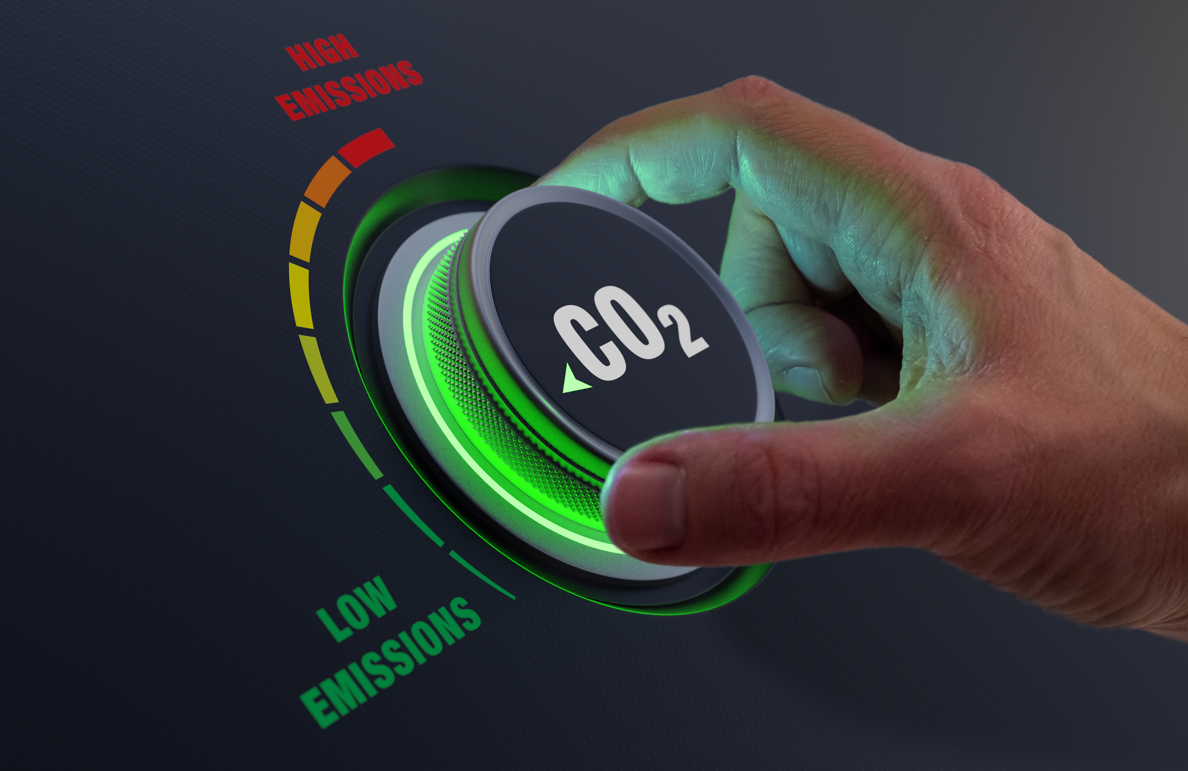Over half (54%) of consumers say that they would stop buying from a company if they were found to have been misleading in their sustainability claims, according to new research from KPMG.
The firm surveyed over 2,000 UK adults on their thoughts around green and sustainable products and technologies to understand how they influence decisions, and whether misleading practices, such as ‘greenwashing’, were having an impact. The findings highlight that greenwashing is widely recognised by consumers with almost half (45%) stating they had heard of the term, with words such as fake, lying, exaggerating, dubious, and misleading all commonly being used unprompted to explain what the term is.
Over three quarters (76%) of respondents agreed that false or misleading claims about the sustainability of specific products was the clearest example of greenwashing. Other popular examples of what consumers believed constituted greenwashing included: exaggerated or unsubstantiated sustainability credentials (73% of those surveyed); misleading commitments on net zero (66%); inconsistent ethical polices (60%); and missing sustainability targets (39%).
Almost a fifth (18%) say they have changed their mind about a company due to misleading green claim; this is more pronounced in the capital where a quarter (25%) of Londoners say they have done this. Over half (54%) state that they would stop buying products and services from companies found to have greenwashed, while 38% would stop investing in them.
Richard Andrews, head of ESG at KPMG UK, said: “Companies keen to capitalise on the growing interest in sustainable products, should be taking a measured approach; overselling sustainability credentials risks losing customers as well as the reputational damage that will follow. While this might often be unintentional, understanding the data behind any sustainability claims is key, as well as ensuring that data has also been verified, if brands are serious about avoiding any greenwashing risks.”
The research highlights that many consumers care about the sustainability of items – two thirds of consumers (67%) say that they try to seek out green or sustainable options for some of the products and services they buy. However, a third (33%) of respondents said they were sceptical of green labels and sustainability claims, while a similar amount (28%) admitted to struggling to know what products were green or sustainable due to inconsistent labelling.
Andrews added: “The results present a catch-22 situation for both companies and their customers. On the one hand customers are prepared to stop buying something if it has been linked to greenwashing, but they also admit that they struggle to navigate the labels currently out in the market. Meanwhile, companies are investing time and money verifying their efforts, but awareness of some of the environmental accreditation schemes remains very low.
“What is clear, is that any signs of greenwashing will diminish trust further, so it is imperative that companies continue to ensure all claims can be evidenced and that as new regulations are introduced, they are understood and adhered to. The risks of overselling being ‘greener than green’ are too high.”
Printed Copy:
Would you also like to receive CIR Magazine in print?
Data Use:
We will also send you our free daily email newsletters and other relevant communications, which you can opt out of at any time. Thank you.











YOU MIGHT ALSO LIKE